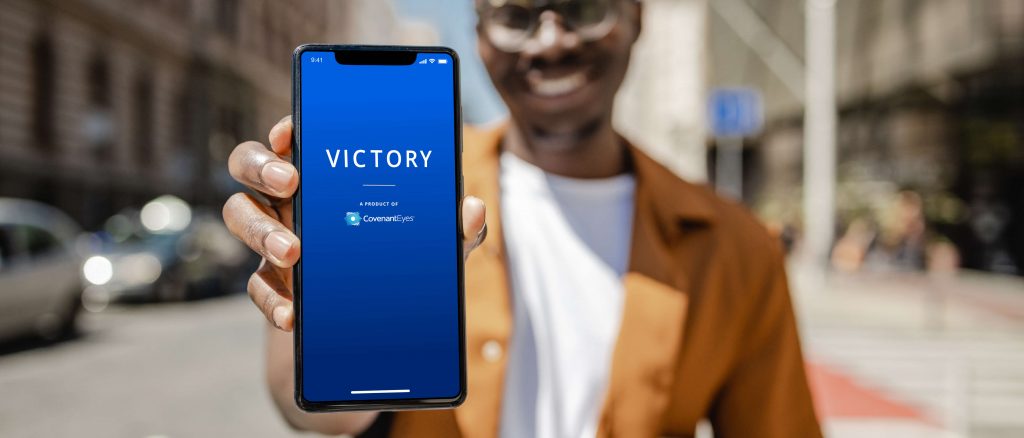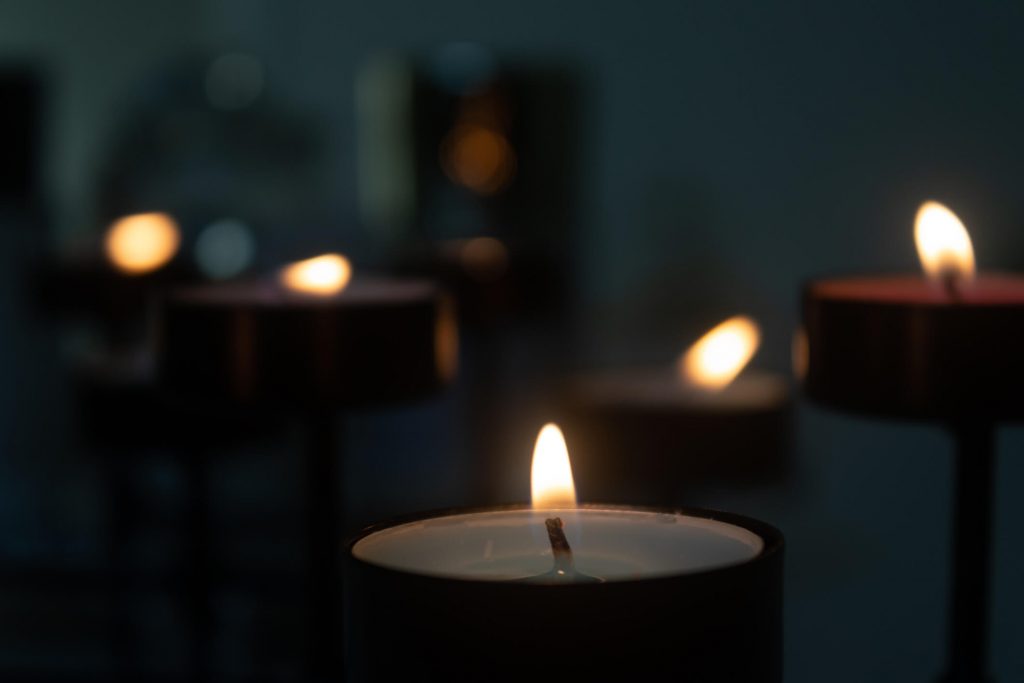Wilmer McLean was a wholesale grocer in Virginia at the time of the Civil War. A retired major in the Virginia Militia, at 47 Wilmer was considered too old to return to active duty at the outbreak of hostilities. When war began on July 21, 1861, the McLean farm in Manassas, Virginia, the Yorkshire Plantation, was the headquarters for Confederate Brigadier General Beauregard and was the target of a Union artillery blast.
Sometime after the battle, Wilmer moved his family 120 miles south to Appomattox County. On April 8, 1865, the Civil War once again came knocking on the McLean’s door. Representatives from the Union Army under Lt. General Grant requested the use of the home for a meeting between Grant and Confederate General Lee. The next day at a table in the front parlor Robert E. Lee surrendered to Ulysses S. Grant. It is alleged that McLean later mused, “The war began in my front yard and ended in my front parlor.”
Whether McLean actually made that statement or not is really a moot point. What is more important is that Wilmer McLean holds a unique perspective on a conflict that affected millions of lives and the direction of an entire nation. No matter the final analysis, his place is intrinsically linked forever as the bookends to the Civil War.
Two Perspectives on Accountability
In much the same way, I believe that accountability is a matter of perspective. Just like McLean had a unique perspective of the Civil War, everyone has a unique view of accountability. There are many in the world who feel that accountability is not very important. For them, it violates their personal beliefs and sense of security. So for them using an accountability service like Covenant Eyes would be out of the question.
On the flip side of the coin are the people for whom accountability is a way of life. They feel that partnering with a close friend to monitor their actions on the Internet is the best choice they can make for themselves, their spouse, their children, and their community. The reasons for this choice are as diverse as the people themselves—battling an addiction, mentorship, regaining trust in a broken marriage, and the list goes on.
Is Covenant Eyes for everyone?
Under ideal circumstances, a prospective member of Covenant Eyes would make the choice to sign up themselves. But in many cases, the decision is made by their significant other, friend, or family member. Although not always the best way to handle the situation, many who choose to use accountability like this see it as a final chance to correct a sinking ship. Out of sheer desperation, they reach for a lifeline to save their marriage, family, or even their sanity.
Admittedly, Covenant Eyes is not for everyone. Some devices are simply not compatible, such as Linux, ChromeOS, Blackberry, and Windows phones. Other people feel they would be putting themselves at risk by having information about their browsing habits and other personal data in the hands of a faceless corporation. Or there is the person who wants to spy on their spouse to catch them in the act or punish them for past transgressions.
Yet, for the 13-year-old kid who comes to his parents begging for help to stop a porn addiction they can’t seem to quit, or for the wife who has just found her husband’s secret laptop he uses to troll for anonymous hook-up, Covenant Eyes can be the first line of defense against the perils of a fallen world.
There is the mom who continues to use Covenant Eyes, even though her husband refuses, because she sees it as the only way from keeping their children from making the same bad choices.
Many times, it is the guy wanting to break the pattern that could leave him alone and isolated from the ones he loves.
Even the fiancé choosing to help his bride-to-be who knows being alone with her computer could lead to acting on patterns created from abuse suffered during childhood.
These are the people who come to Covenant Eyes for help. They come seeking hope in what for many is the darkest time in their family history.
Treating Covenant Eyes as a Tool, Not the Cure
The bottom line is that Covenant Eyes is a tool. It doesn’t claim to be a magic cure. Although some people might view it that way, Covenant Eyes is a piece of software. It has weaknesses, just like any other program you might have on your computer.
Covenant Eyes is the bridge between technology and relationships. The only “magic” in Covenant Eyes is a heart willing to change. The choice to pursue accountability is a powerful choice. When someone continues to make that choice every day, not trying to look for loopholes or circumvention techniques, even though they could, because they don’t want to alienate themselves from their family, friends, or community—this is a healing choice.
For those who think being a Christian has its own built-in accountability (i.e. accountability to God), don’t forget that when acting on an impulse-based desire, an addict’s only thought is filling the bottomless hole they believe exists in their life. God is the last person to cross their mind except for some in the moment of shame at the end.
I am a member of the Covenant Eyes team. I am also a client and a recovering porn addict. I use the software daily to protect not only myself from the rotten things I did in the past, but also to protect my family and guide my children down the path of healthy digital choices. The examples given of people who use Covenant Eyes are based on just some of the people who have made a permanent imprint on my life. To them, the sense of security they get from Covenant Eyes is not false. In their lives, Covenant Eyes is the deep breath before the sentence, “I got your accountability report. If you have a moment I’d to talk through it with you.” It’s giving them hope for their family and for tomorrow.
Jeff Welch is a Quality Assurance Analyst at Covenant Eyes. He has written about keeping your faith and humor in a fallen world on his personal blog. As a husband and father, he is passionate about protecting families from the seedy underside of the internet.








Sweetz touched on my point; there is another “level” (for lack of a better word) beyond accountability. Covenant Eyes has some benefit in the digital realm, but it can’t protect our hearts and eyes when we’re in the supermarket, or workplace, or even in the church pew. Lust isn’t limited to digital devices. Healing can only begin to take place when you get below the surface to where the heart is.
Some of us have experienced that healing; not because of our own doing, but strictly because of God’s Grace and healing our hearts to where we see the lie(s) beneath the porn. Only God can accomplish that, but we have to ask for it and desire it.
That’s not to say that there aren’t moments of temptation, but the reminder of what fake sexuality is, what it’s trying to do, and what it looks like makes it undesirable to me. John 8:32 speaks of this: “You will know the truth and the truth will set you free”. I want truth; not a lie, and porn is a massive series of lies.
You are absolutely correct, Greg. I consider myself one of those people who have been “healed.” The demonstrative struggle I once experienced is over. The truth of the gospel has been liberating, giving me habits of behavior and thinking I never thought possible.
I know a lot of people who have experienced that freedom, but I also know a lot of those same people who use Covenant Eyes, and this isn’t because they doubt the freedom they’ve experienced. They just want to live by the mantra: When you’re at your best, plan for your worst.
Sweetz’ point is that her husband refused repentance, and it is true no software in the world can change a person’s heart. Good software is useful only to those who desire to see the results the software brings. (It’s probably a good thing Covenant Eyes doesn’t advertise itself as a “heart changing software,” right?)
We had Covenant Eyes… I am the one who installed it. But it soon became clear that it needed to be my husband who wanted the protection rather than me wanting it for him. So I removed it….I became weary of seeing all the sites he would visit when I set it up with nothing specific to block…I just wanted to see where he would go on his own using his own conscience. There is no sense it putting training wheels on a bike if the child refuses to learn to ride it. I removed Covenant Eyes because I did not want my husband to feel as if the “issue” were simply something that was offensive to ME only…I wanted him to eventually meet up with God and have Him weigh in on it. I cannot isolate my husband from his lustful thoughts…there are the everyday opportunities with real live women…and this is also what he actively seeks after. So installing a program never did anything to help his heart…it just gave me a false sense of security…which became evident especially when I found out about the woman “friend” he was entertaining in the back room of his store. Covenant Eyes could not have prevented that.
It is good for families though…to prevent trash from entering on the home front while principles of morality are being taught and observed.
With all due respect for what Covenant Eyes is, and is intended to accomplish, it is–in effect–like a set of training wheels. Sooner or later, you need to be able to ride a bike on your own. Your heart has to change to the point that pornography just makes you sick inside.
Greg, I think the point of the program is not to provide a crutch, but accountability, which happens to be the first step in the addiction recovery program. (I know it is honesty, but honesty and accountability are close enough of a concept to be considered the same)
I actually think accountability can evolve in a person’s life. I know a lot of people get Covenant Eyes in the beginning because they are looking for that placebo effect: regardless if anyone actually talks to them about what they’re doing online, the mere perception that someone could know the details of their online life keeps temptation at bay.
For others, however, the presence of the software doesn’t actually minimize temptation as much as it is a handy way to log the details of their sin so accountability conversations can be more poignant and straightforward, not allowing them to minimize or shortcut anything.
Then for others, Internet accountability evolves into something that builds trust: when their spouse or other loved ones see clean reports week after week, this builds a sense that change is really taking place. Many use it not to defend their integrity, but to demonstrate it.
Then, even after the demonstrative day-to-day struggle is over with, others use Covenant Eyes because it helps them to stay humble: the acknowledgement that though they are at their best, they should plan for their worst. They realize their freedom is a fragile freedom, and they don’t want to let pride set their hearts up for a fall.
For others, Internet accountability is just one small piece of a big lifestyle of openness and honesty. It is just what they’ve always done to catch small problems before they become big ones. They grew up with Covenant Eyes in their homes and they have no intention of living without it.
While I agree people might outgrow a sense of need for a particular product, I would hope we never outgrow our desire for accountability generally. Accountability is not a last resort; it’s a lifestyle.